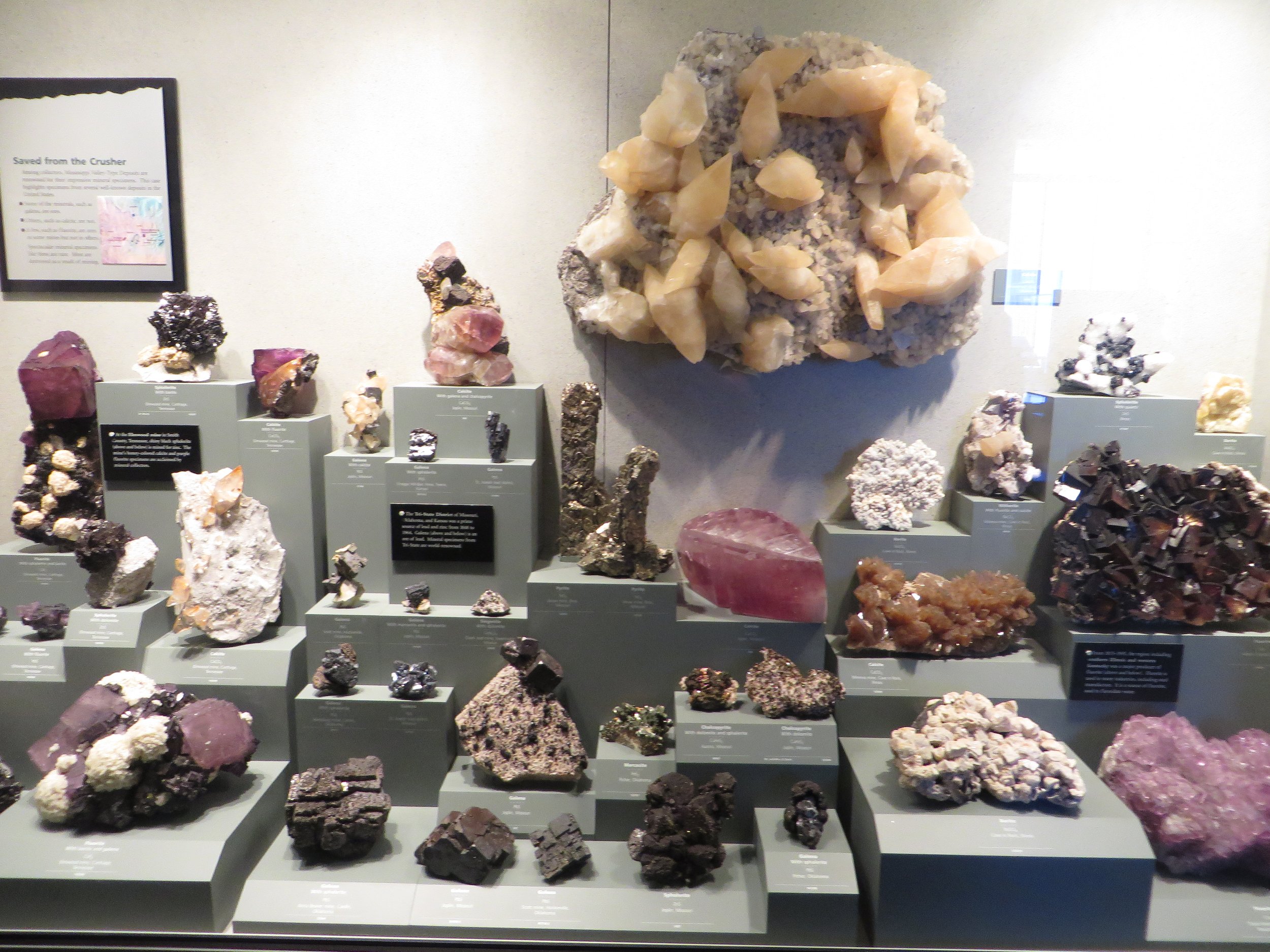How do you adjust the human built environment to maximize the strength, growth, and lived experiences of neurodivergent people in your organization?
Neurodiversity Audits
How do you plan humane spaces from the very beginning to benefit all neurotypes so that neurodivergent people can thrive, instead of contorting themselves into something they aren’t to exist in sub-optimal conditions?
Q: How do you torture an autistic person?
Q: How do you torture an autistic person?
Don’t Touch!
A: Take them to the Geology & Mineralogy exhibit hall at the Smithsonian Natural History Museum, where wall-to-wall masses of people bump around at a snail’s pace through a circuitous path where 10s of thousands of specimens are displayed entirely behind glass, and you can touch, like, 3 of them, but they’re so covered in grime, it’s not even worth it. It doesn’t have to be that way, and ALL visitors would benefit from improvements.
This recent room at the National Children’s Museum in Washington, DC did not disappoint. The face exercise was one of several self-guided activities for every kind of sense (including hidden senses). The lights were low and soothing, but spotlighted for interest and stimulation where useful, designed with all humans in mind.
Human-Centered Design
Whether you’re a corporation, non-profit, museum, or school, chances are your physical spaces, processes, and environment are not yet optimized for — or even accessible to — neurodivergent phenotypes. With modern estimates from research suggesting 15-20% (or more) of the global population has identifiable neurodivergent conditions — meaning they’re wired in a way that conflicts with majority norms, spaces, and power structures.
That’s a lot of people your organization might be missing— or worse, harming.
I take a holistic approach to analyzing spaces, processes, and hidden systems with all neurotypes in mind — normative and divergent, with special attention to divergent needs that directly conflict with one another, like supporting both sensory-seeking and sensory-averse needs.
Find out more by requesting a free inquiry call here.



